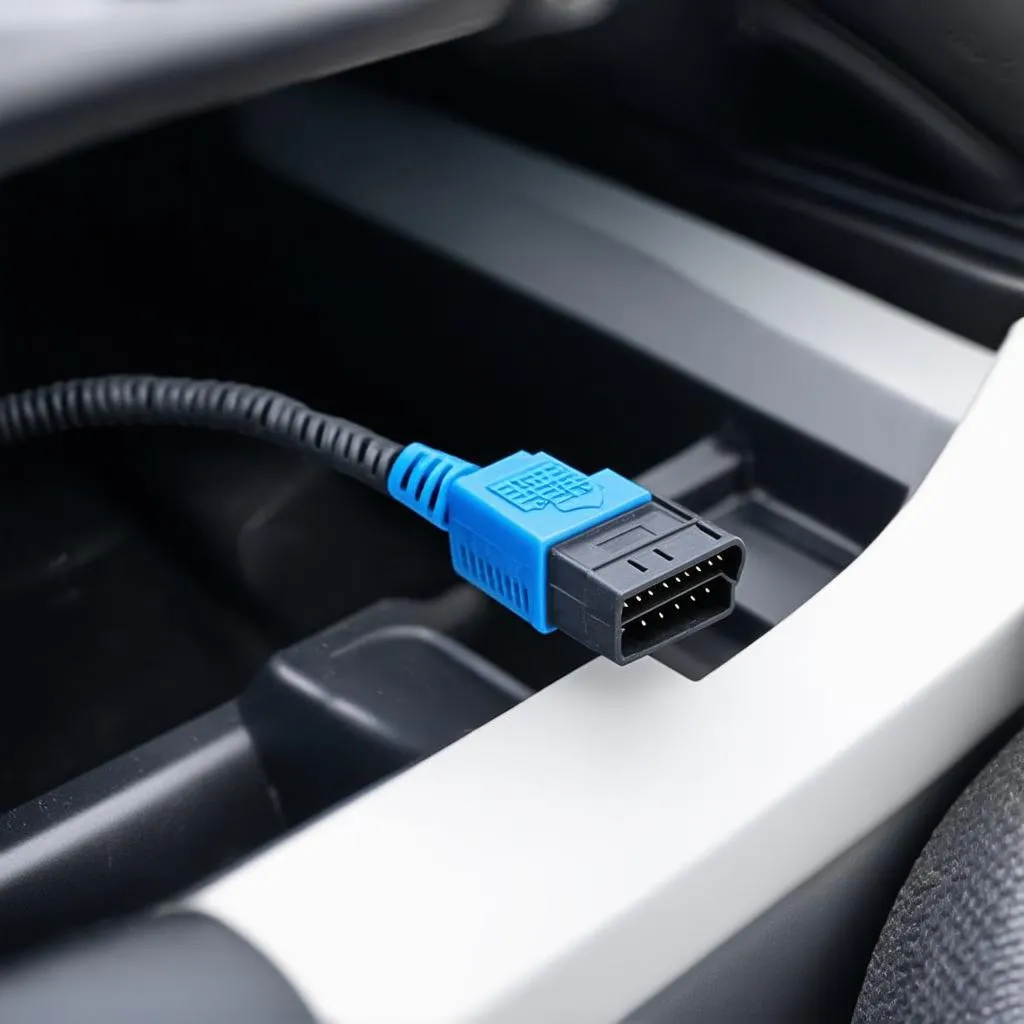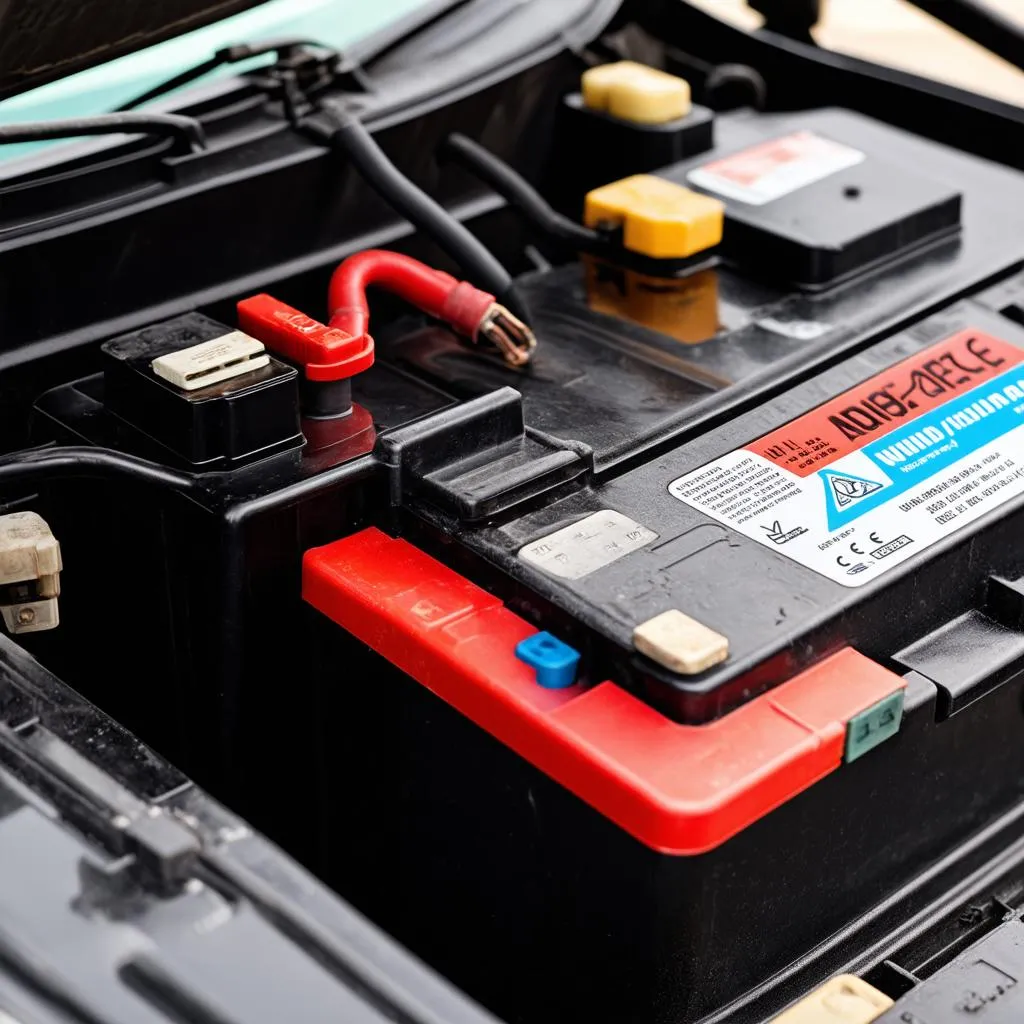Have you ever found yourself in a situation where you’ve left your car lights on and the battery is drained? You frantically search for a way to turn them off, but the key is not in the ignition. You wish you could just magically switch off the lights using your phone or some magical device! This thought leads many car owners to wonder, “Can I use an OBD connector to turn off my car’s lights?”
Understanding the OBD Connector and its Functionality
The OBD (On-Board Diagnostics) connector is a standardized port found in most vehicles, enabling communication between your car and diagnostic tools. While it can be used to access various vehicle data, such as engine codes and performance metrics, it’s not designed to directly control car lights.
Why OBD Connectors Don’t Control Lights
Think of it this way: the OBD connector is like a window into your car’s data. It allows you to see what’s going on, but it doesn’t necessarily give you the ability to directly control everything. While some advanced diagnostic tools might offer options to control specific functions, turning off lights is usually not one of them.
What Can You Do To Turn Off Your Car Lights?
There are a few ways to address this common dilemma:
1. Use the Manual Switch
Most cars have a physical switch to turn off the lights. If you can access your car’s interior, you can manually turn off the lights using this switch.
2. Disconnect the Battery (Last Resort)
If you can’t access the interior, disconnecting the battery is a last resort option. This will completely cut off power to the vehicle, including the lights. However, it’s important to be careful when working with car batteries, as they can contain potentially harmful chemicals.
3. Call for Assistance
If you are stuck and can’t access the car interior, it’s best to call a tow truck or roadside assistance. They will be able to help you safely disconnect the battery or jump-start the vehicle.
Important Considerations
Remember, tampering with your car’s electrical system can be dangerous and potentially void your warranty. It’s always best to consult with a qualified mechanic if you have any concerns about your vehicle’s electrical system.
Other Relevant Queries:
- Can I use OBD to access my car’s manual?
- Can I use OBD to check my car’s tire pressure?
- Can I use OBD to clear engine codes?
- Can I use OBD to improve my car’s performance?
- What are some common OBD troubleshooting tools available?
Related Products
- Dealer Scanner for European Cars – A powerful diagnostic tool for European car models.
- OBD2 Code Reader – A basic diagnostic tool for most gasoline cars.
- ELM327 Bluetooth Adapter – An affordable adapter for connecting to your car’s OBD port.
Supported Car Makes and Models
Our services and products support a wide range of car makes and models, including but not limited to:
- Audi
- BMW
- Mercedes-Benz
- Volkswagen
- Ford
- Toyota
- Honda
Need Help?
If you need help with diagnosing your car’s electrical system, feel free to contact us through Whatsapp: +84767531508. We have a team of experienced technicians available 24/7 to assist you.
Conclusion
While it’s tempting to imagine controlling your car’s lights with an OBD connector, it’s important to understand the limitations of the technology. OBD connectors are primarily designed for diagnostics, not direct control. If you find yourself in a situation where you need to turn off your lights, consider using the manual switch, disconnecting the battery (as a last resort), or calling for professional assistance.
Don’t forget to check out our other articles on car repair and maintenance. We’re always here to help you keep your vehicle running smoothly. Share this article with your friends and family who might find this information helpful. Leave a comment below and let us know what other car-related topics you’d like to see covered!
 OBD connector for car
OBD connector for car
 car battery
car battery
 car lights off
car lights off